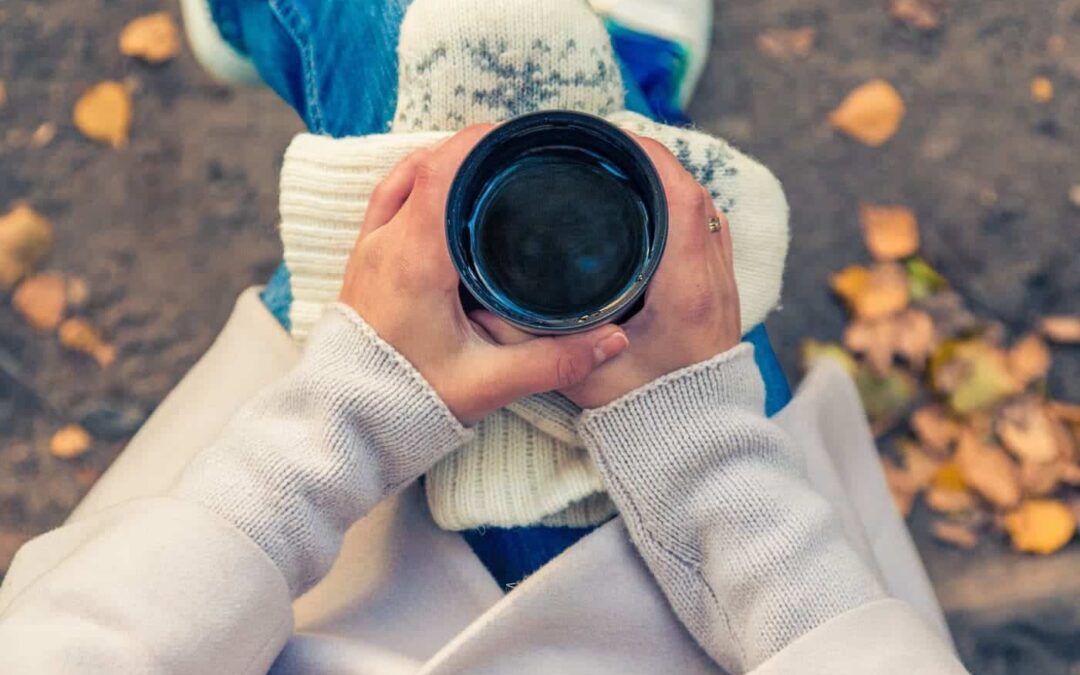Welcome to November, when we celebrate National Gratitude Month! Gratitude is a word casually thrown around so often—especially around the holidays—it can seem a little hollow. But, more than just a seasonal reminder that we should be glad for what we have, gratitude is a potent tool for improving physical health and mental well-being. It’s associated with better sleep, more energy, less depression and possibly even a lower risk of heart disease. Stress, anxiety, and loneliness can all be dramatically altered by this simple practice
Gratitude doesn’t need to be big. It’s not about landing that dream job or buying a home. Amazingly, research has shown that gratitude is just as potent when it applies to small things in our daily lives. Of course, this has big implications for those in recovery—especially those just starting out. Often, by the time people arrive in treatment, their lives are in a state of serious disrepair. They may have lost everything, have strained or ruined relationships, or are just in a place where there isn’t much to feel good about.
Enter gratitude, the superhero you’d least expect. These situations, when there is seemingly so little to be grateful for, are exactly when gratitude packs the biggest punch. Finding appreciation for something—heck, anything—when the going is rough can be a light in a dark tunnel. A quick nod of gratitude for a hot cup of coffee or a friendly face can actually change the course of your day. With practice, over time, it can change the course of your life.
The Science of Gratitude
I’m happy to report that this is not just recovery propaganda. Unsurprisingly, recovering addicts and alcoholics weren’t the first to discover the benefits of gratitude. For generations, religious leaders and philosophers from around the world have championed this underrated virtue. In recent years, the scientific community has also gotten on board.
Over the past two decades, researchers have taken an in-depth look at the science of gratitude and discovered that gratitude is a powerful emotional response that has notable benefits on physical, physiological and emotional well-being. In positive psychology studies, gratitude is consistently associated with greater happiness, more overall positivity, increased resiliency, and improved social relationships. Several studies have found that more grateful people experience less depression and deal better with traumatic events. Moreover, there is strong evidence for scores of other physical and psychological benefits. One study found that more grateful cardiac patients slept better, were less fatigued and had lower levels of inflammation. Another found that patients with heart conditions who kept a gratitude journal for eight weeks had reduced signs of inflammation afterward.
Practicing Gratitude
So, if you are sold (and we really hope you are), where to begin? The good news is, that beginning a gratitude practice doesn’t take much. It’s free, takes less than a minute, and doesn’t need to be connected to big swells of emotion. Getting more gratitude into your life is simply about noticing the good, and giving it a moment of appreciation.
Here are a few ideas to get you going:
Make a gratitude list
Each day, take a few minutes to write down a few things to be grateful for. They don’t have to be big – in fact, small is good. Obviously, many alcoholics and addicts suffer from “never-enough-ism” and have a lot of practice in chronic dissatisfaction. Re-training the brain to look for good things can be a truly transformative practice.
Tell someone
Try to give someone a word of thanks or appreciation each day. Not only will you feel better for it, but research also shows that they will too. Scientists found that people were significantly happier about receiving a thank-you note than the sender thought they would be.
Do it Together
Consider finding a time each week to touch base with family or friends to share some things that went well that week, and ask them to share theirs. Bringing others into a gratitude practice can help build bonds, keep people accountable, and celebrate small victories.
Why not try your own gratitude experiment this November? Good luck and let us know how it goes!

Recent Comments